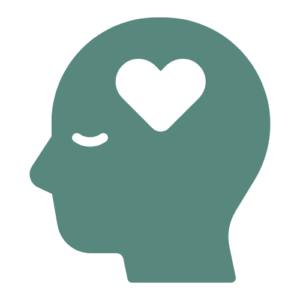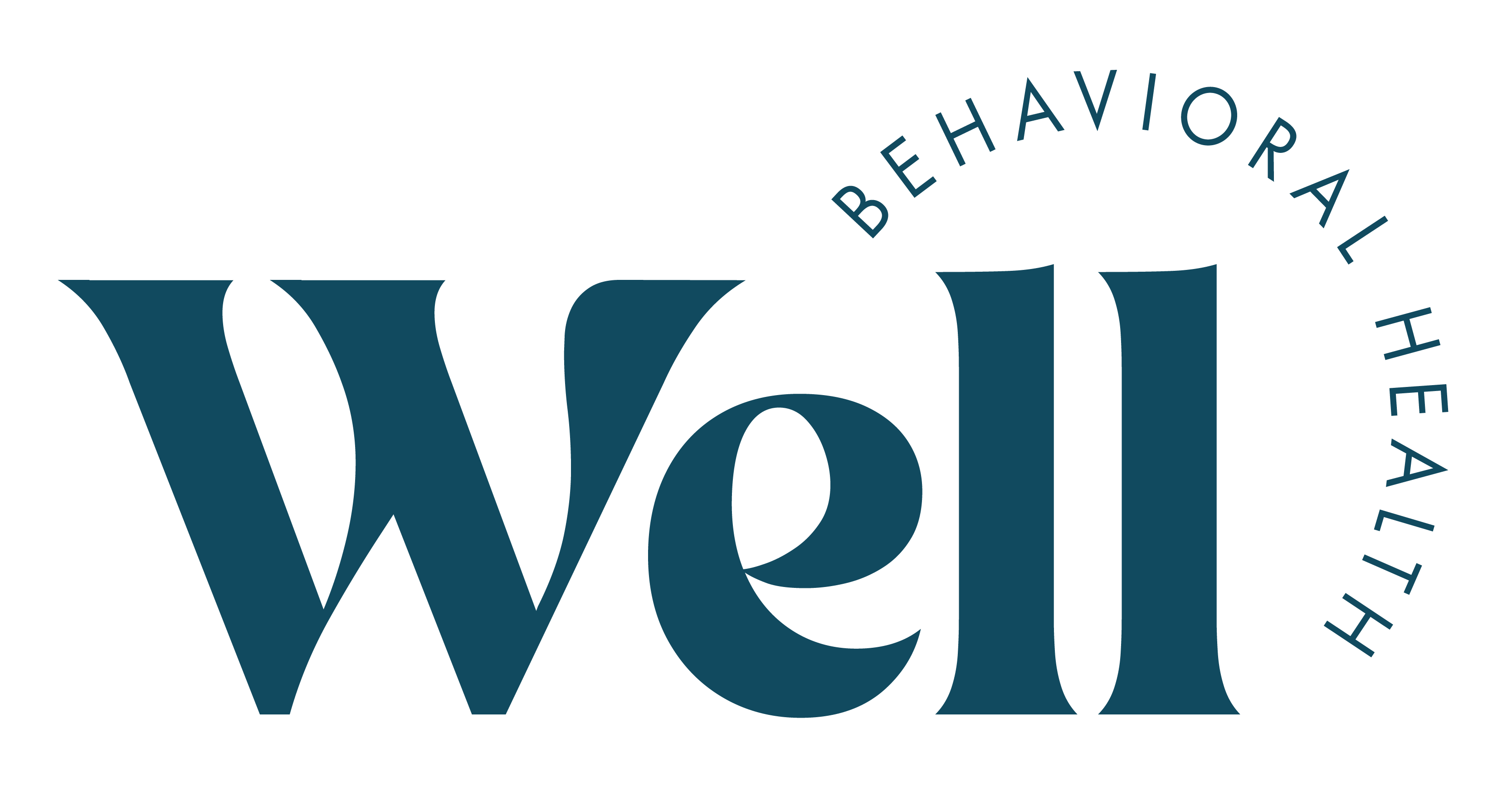DBT vs. CBT: What’s the Difference?
Dialectical Behavioral Therapy
- Developed by Marsha Linehan
- First used to treat individuals with borderline personality disorder
- Uses a Skills-based approach to help you learn how to regulate emotions, stay in the present moment, deal with crises, and be effective in your relationships
- Dialectical derives from the philosophy of dialectics, which means integrating opposing views
- Often focuses on emotional dysregulation and learning skills for more adaptive ways of dealing with emotion
- Emphasizes validation and accepting uncomfortable thoughts, feelings, and behavior
Cognitive Behavioral Therapy
- Developed by Aaron Beck
- Based on the concept that people are influenced by their view of events rather than the events themselves
- Aims to address cognitive dysfunction, which is responsible for symptoms in affective and behavioral domains
- Structured, goal-oriented, and time-based treatment
- Helps identify and deconstruct difficult or harmful thought patterns
Cognitive Behavioral Therapy (CBT) and Dialectical Behavior Therapy (DBT) are two widely recognized, evidence-based psychological treatments designed to help individuals manage mental health challenges. Both approaches involve a collaborative relationship with a therapist, but they differ in their focus and techniques.
Cognitive Behavioral Therapy (CBT) is a popular and effective treatment for depression that primarily aims to identify and change negative thought patterns and behaviors contributing to emotional distress. It can be delivered in various ways; from traditional face-to-face sessions to hybrid approaches. CBT is particularly effective for mild to moderate depression, as demonstrated by a meta-analysis of 115 studies showing its ability to significantly reduce depressive symptoms compared to usual treatment in the short term. Moreover, when implemented by skilled therapists, CBT has been found to be as effective as antidepressant medication for severe depression, with the added benefit of reducing relapse rates after treatment ends. The flexibility of CBT delivery methods, especially multimedia and hybrid approaches, makes it more accessible to a wider range of people, particularly when traditional therapy isn’t available. This versatility, combined with its proven effectiveness, makes CBT a cornerstone in modern depression treatment.
DBT, on the other hand, builds upon CBT principles but incorporates mindfulness and emotional regulation techniques. It is especially helpful for individuals dealing with intense emotions or complex mental health conditions. Research indicates that patients who received DBT experienced significantly lower depression scores at discharge compared to those receiving standard care (Treatment as Usual). Additionally, DBT was found to be more effective at reducing depression than medication alone.
Consulting with a mental health professional can help you determine which approach is best suited to support your healing journey and personal goals. No matter which path you choose, seeking help is an act of courage and can be a first step towards building a fulfilling life.
References:
Gautam M, Tripathi A, Deshmukh D, Gaur M. Cognitive Behavioral Therapy for Depression. Indian J Psychiatry. 2020 Jan;62(Suppl 2):S223-S229. doi: 10.4103/psychiatry.IndianJPsychiatry_772_19. Epub 2020 Jan 17. PMID: 32055065; PMCID: PMC7001356.
Saito, E., Tebbett-Mock, A. A., & McGee, M. (2020). Dialectical behavior therapy decreases depressive symptoms among adolescents in an acute-care inpatient unit. Journal of Child and Adolescent Psychopharmacology, 30(4), 244-249.






